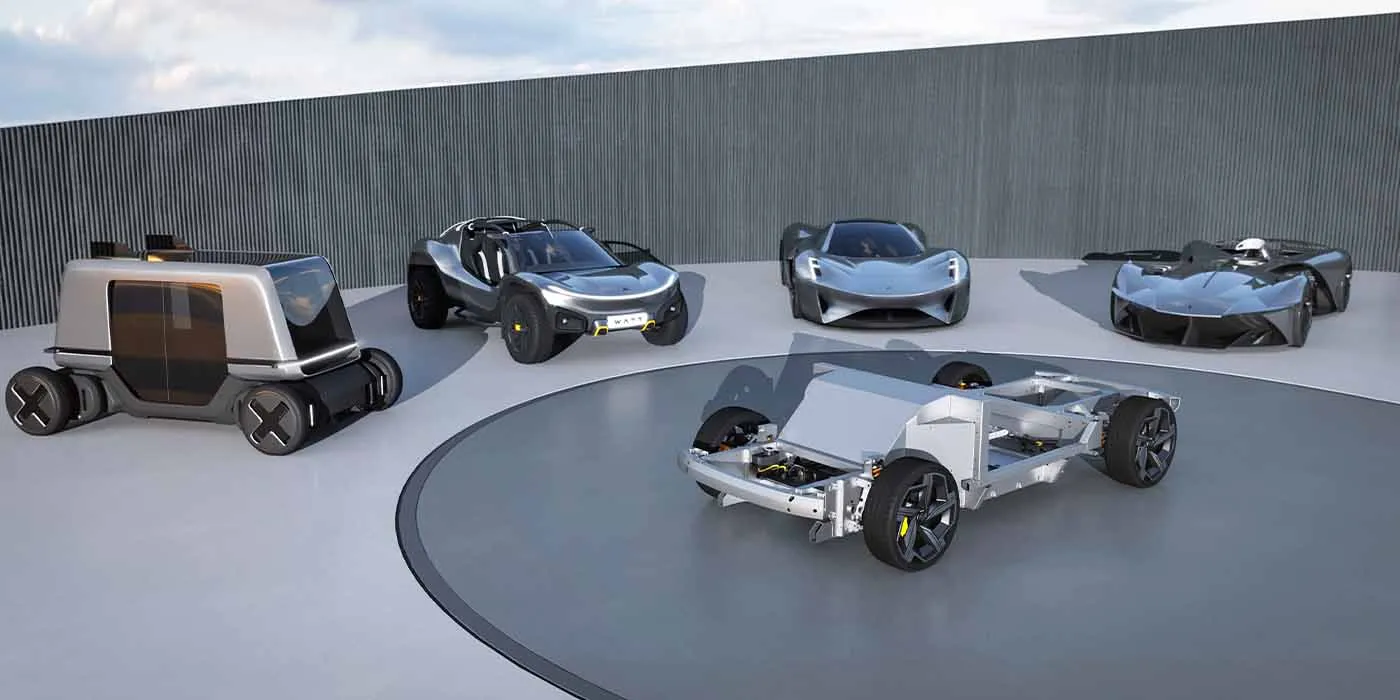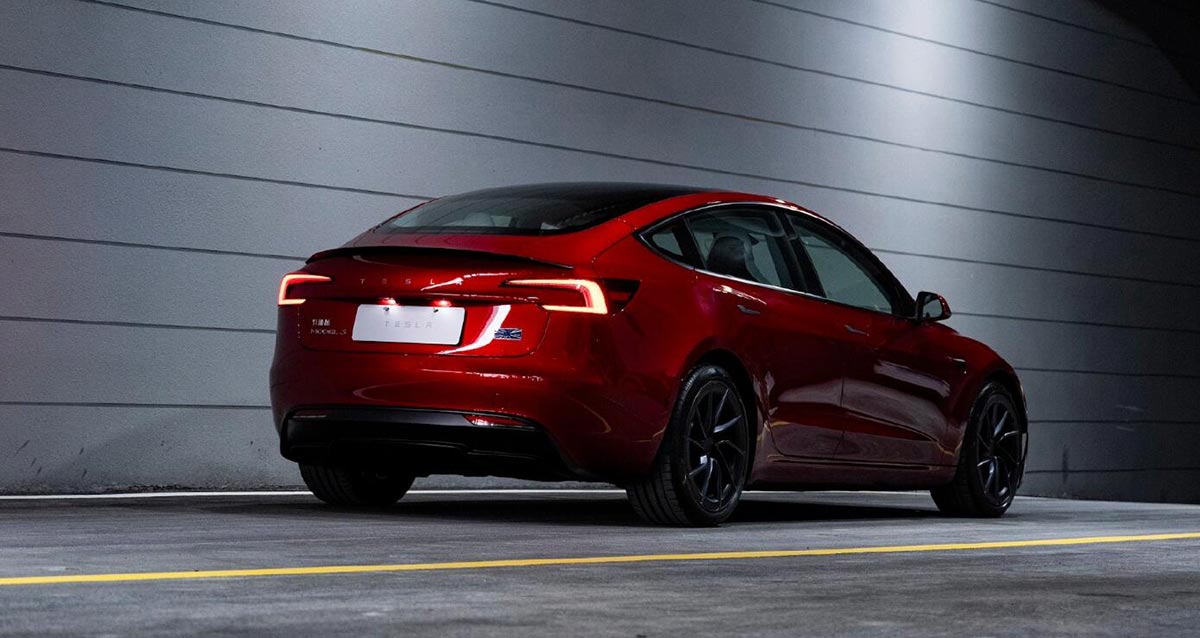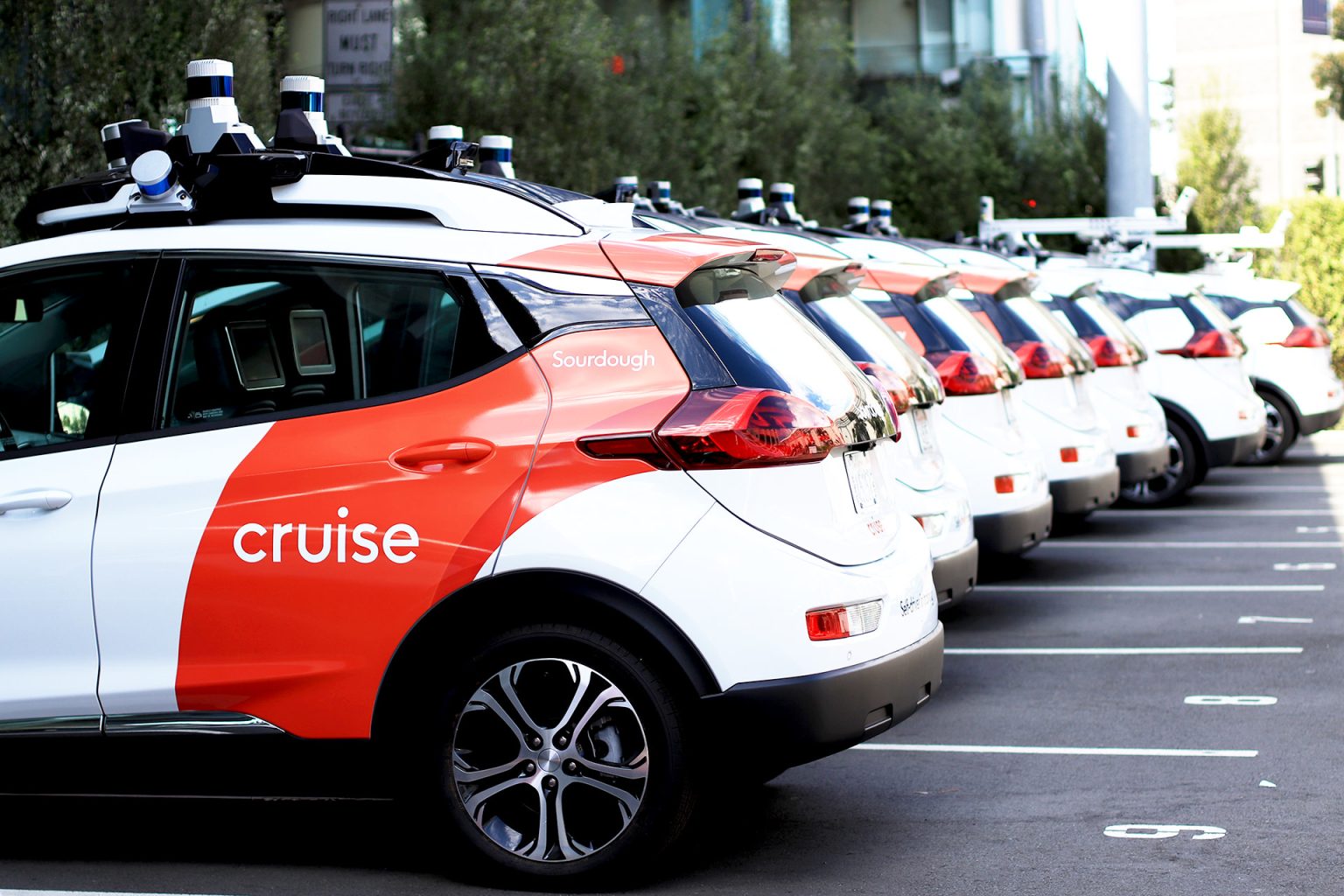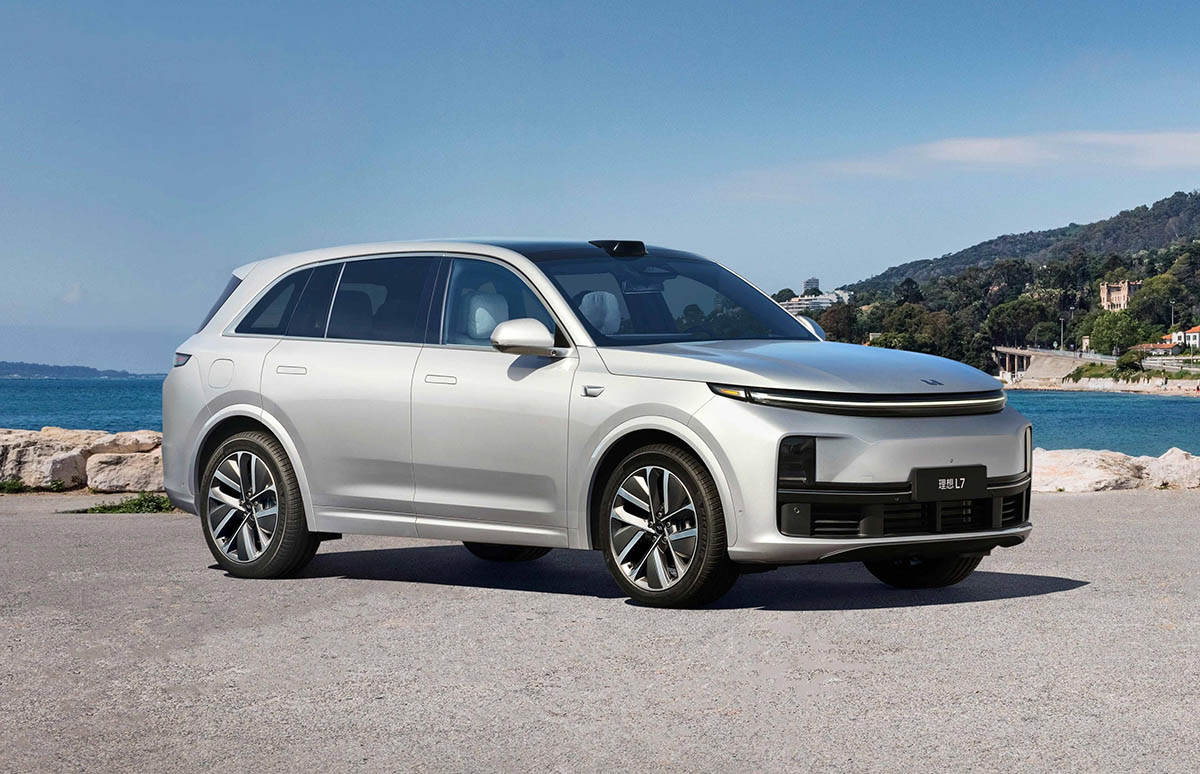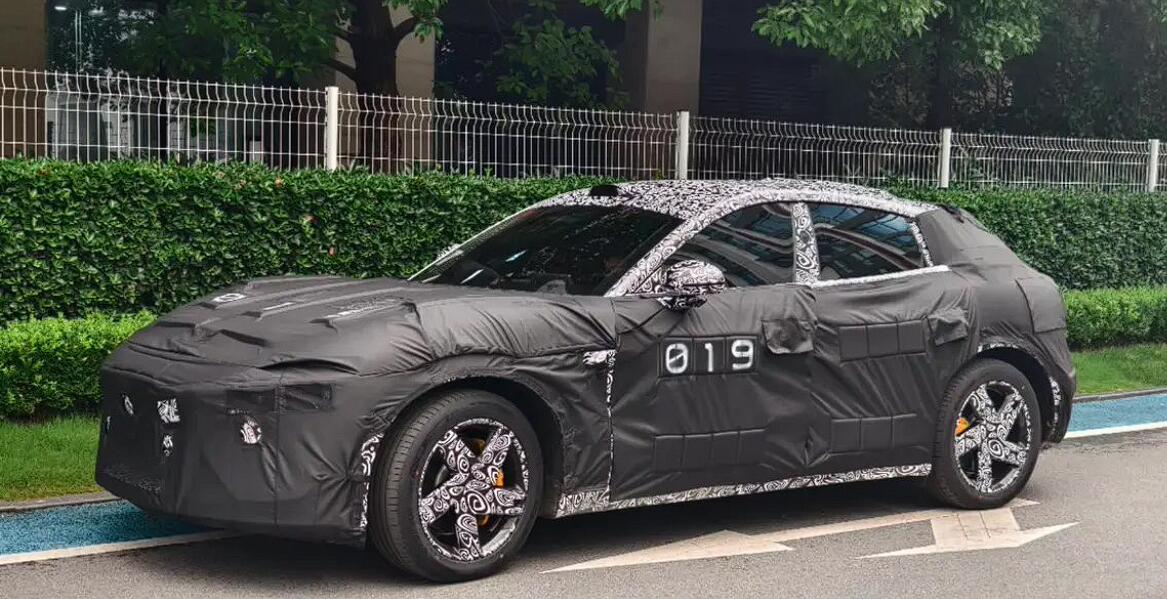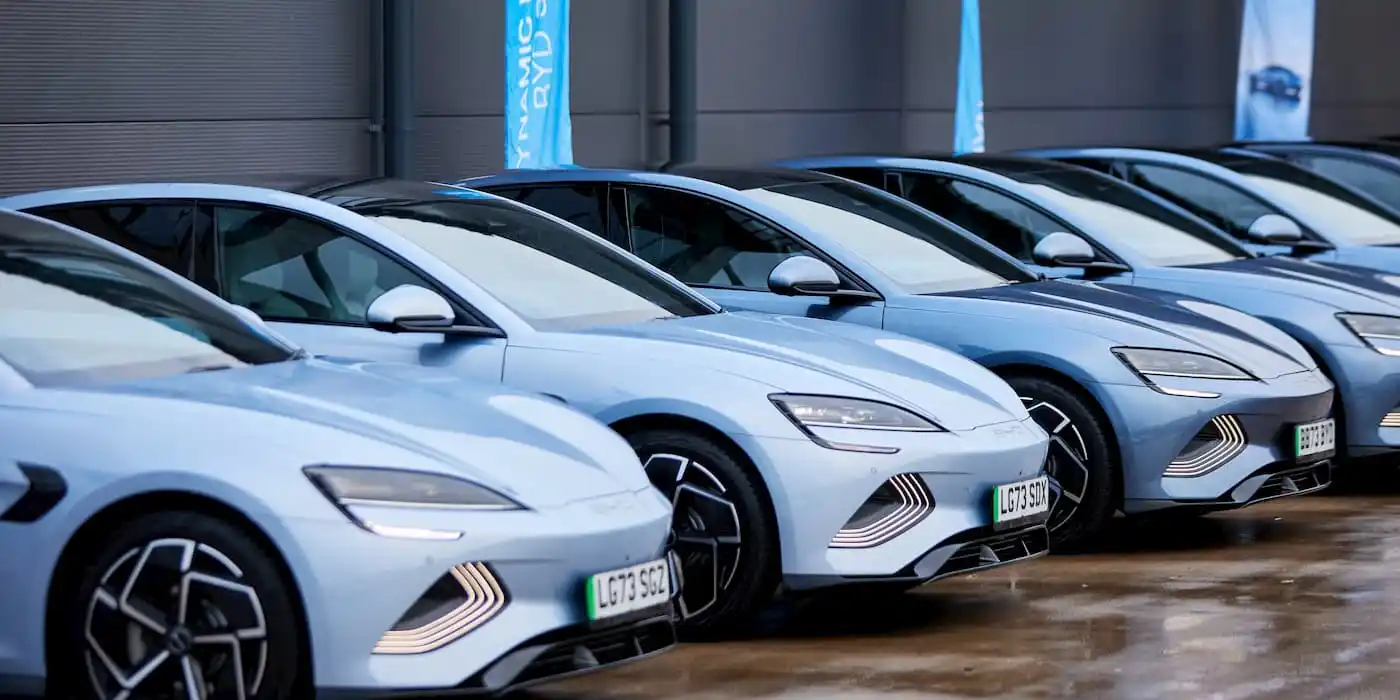Watt Electric Vehicle Company (WEVC), a UK-based EV startup, has introduced a new lightweight modular EV architecture aimed at facilitating the development of various low-to-medium volume vehicle designs, including sports coupes, off-road buggies, and rideshare vehicles.
The company’s new platform architecture, announced today, is built on WEVC’s proprietary Passenger And Commercial EV Skateboard (PACES). This adaptable bonded aluminum platform can be modified to suit a wide range of low-volume passenger EVs, supporting front-wheel, rear-wheel, and all-wheel drive powertrain configurations. The PACES platform utilizes an innovative assembly technique called FlexTech, which interlocks and bonds flat, laser-cut pieces together, avoiding the need for complex and expensive corner castings typically used in large-volume aluminum skateboard platforms.
See also: WEVC unveils eCV1 electric commercial vehicle prototype with unique central driving position
“This cutting-edge, modular platform has been specifically designed for low volume manufacture, providing the best possible structural and dynamic starting point for almost any future high-performance EV,” said WEVC CEO Neil Yates. “Whether a featherweight rear-drive roadster, luxurious coupe, or off-road buggy, it also comes fully supported by our leading UK-based EV technology supply chain and, of course, WEVC’s in-house design, engineering, and manufacturing capabilities.”
WEVC’s ethos of sustainability began with its flagship eCV1 van, which aims to deliver cost and CO2 savings throughout its entire lifecycle, expected to last over 20 years compared to the average 5-7 years for other vehicles. The company hopes to eventually achieve a closed-loop production program through its sustainable design processes.
See also: WEVC and ETRUX Partner to Bring Electric Commercial Vehicles to Market
The new modular architecture, described as a cost-effective, “off-the-shelf” platform solution, is designed to comply with the latest industry safety standards, including ISO regulations and European Small Series Type Approval. WEVC anticipates that this platform will provide easier electrification solutions for other OEMs while also serving as the foundation for its own branded models.
“We are experiencing surging global demand from customers keen to launch bespoke electric passenger vehicles,” Yates added. “Our unique, proprietary offering enables brands to make the EV transition quickly, cost-effectively, and with optimized technology, resulting in a product tailored exactly to their needs.”

